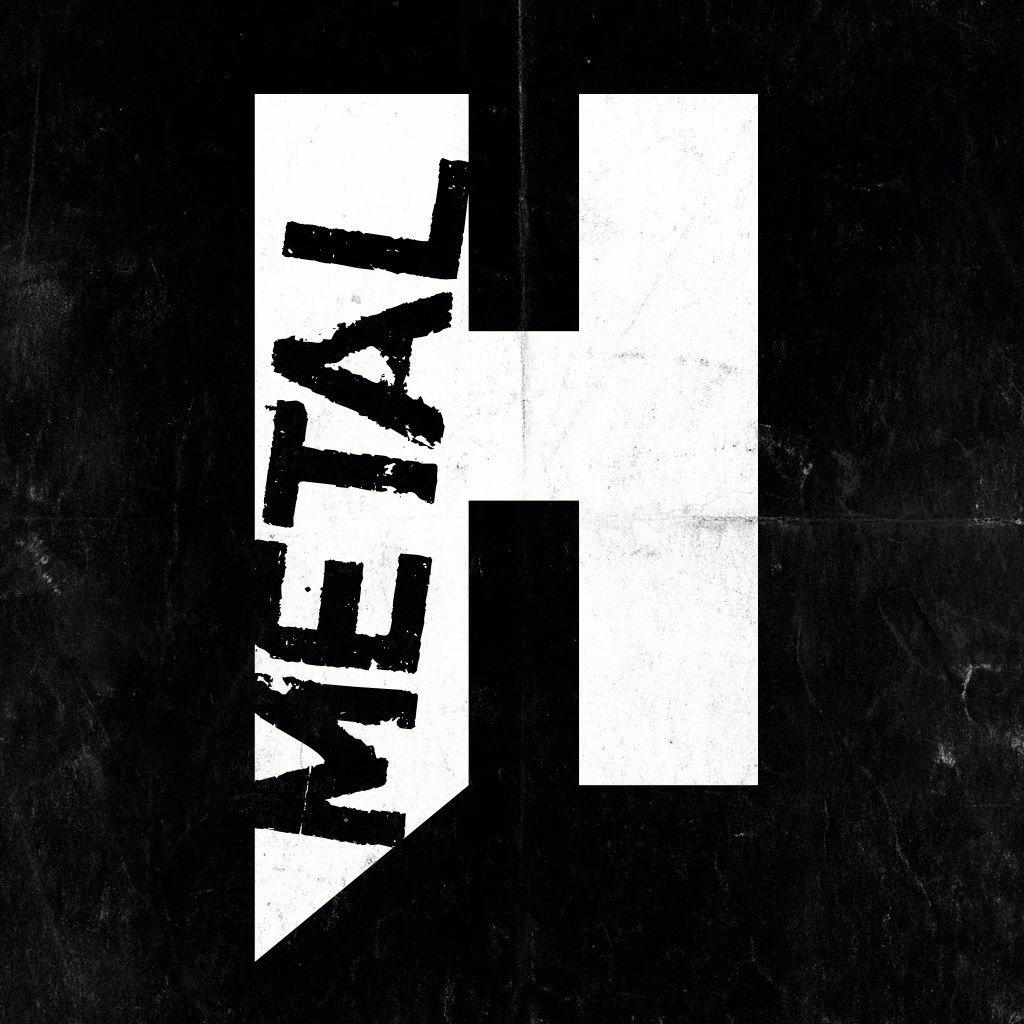Slipknot. Ghost. Sleep Token. It's obvious that metal fans love a good mystery, even more when its wrapped in a metal-friendly package. But no band in the (contemporary) metal pantheon can compare to the sheer meteoric success of the UK's Sleep Token, a band who have packed arenas and venues around the world whilst dodging every traditional promotional route, even refusing to do interviews.
A big part of that is their unique, boundary-crossing sound. Mixing R&B, metalcore and tech metal elements, Sleep Token sit somewhere outside the usual metal scene spheres whilst appealing to fans of all of them - and even beyond. With three albums, two EPs and a bunch of stand-alone songs fleshing out their mysterious lore, we figured it high time to dive deep into the world of Sleep Token and decipher some of the possible meanings behind their songs. Tin-foil hats on folks: we're going deep.

One EP (2016)
The start of the journey, Sleep Token's lore was already rich and mysterious when the band unveiled their debut EP One in 2016. Just three songs long, the EP nonetheless set out their unique aesthetic and sound, its mix of R&B and tech metal elements making Sleep Token feel unlike just about anybody else in metal at the time.
Thread The Needle
Released in September 2016 as the lead single for debut EP One, Thread The Needle is the first song Sleep Token ever put out. It weaves together sensual alt pop and djent riffs, loading it all with layers of enigma. Is it a lamentation of a toxic relationship, a song about a bloke gagging for a shag or something deeper and more mysterious? The imagery suggests a sexual undercurrent. ‘Bury me inside this labyrinthine bed,’ sings masked frontman Vessel. ‘We can feel that time is dilated.’
Fans have theorised that Thread The Needle is about Vessel’s obsession with Sleep, the enigmatic deity that hovers over Sleep Token’s entire existence, which makes it their origin story. Yet it could be a metaphorical tale about a real relationship – one whose course is charted throughout the rest of the EP.
Fields Of Elation
Maintaining the themes of Thread The Needle, Fields Of Elation deals with adorationtinged toxicity. ‘The daylight recedes in unison. This room buries the hours like death,’ Vessel says at the start of the song. He could be referencing sex, staying in a bedroom while the sun sets, but as Fields Of Elation proceeds from subtle industrial music to heaving metal, the lyrics take on a horrible dependent edge.
‘Your name is a sin I breathe, like oxygen,’ begins the second verse. By the end, Vessel is so trapped inside this relationship that he repeatedly declares, ‘I’m losing my faith in our lives apart.’
When The Bough Breaks
The seven-and-a-half minute When The Bough Breaks brings the EP’s thematic trilogy to a traumatic head. The more troubling parts of the relationship at its heart are brought to the foreground. ‘Everything we touch turns water into blood,’ runs the chorus, while Vessel accuses his unspecified partner, ‘You don’t really love, you just hate to be alone,’ before desperately unloading the line, ‘Don’t lie to me!’
Those bitter words, combined with the song’s title, make it obvious that this is a split – though whether it’s between two people or Vessel and the deity with which he’s obsessed is a different matter.

Two EP (2017)
Released in July 2017, Sleep Token had begun to spread their wings into the wider world. While it would be a few months before they'd officially hit the road for the first of many rituals to come, the band had begun to experiment with some of the "hidden codes and connected themes" cyphers that would send fans wild for years to come. Three tracks, all named for geographical locations, this was Sleep Token coming into their own.
Calcutta
The three songs on Sleep Token’s second EP are named after historical settlements, each one older than the last – seemingly a metaphor for the decay of a relationship. Calcutta is named after the British-Indian settlement that was established in the late 17th Century, though the region has been inhabited for more than 2,000 years.
The song sees Vessel sounding repaired by a new partner (or maybe Sleep). ‘Missing pieces find me,’ he intones at one point, later adding, ‘You are more than warm belief / Melting skywards / More than silence broken / I’m whole again.’ Spoiler alert: it won’t last.
Nazareth
Named after the millennia-old settlement in Israel (the birthplace of Jesus’s father Joseph, according to the Bible), Nazareth shifts between metal and more atmospheric sections. The lyrics are vividly violent, suggesting whatever relationship Vessel is singing about has taken a turn for the worse.
‘I’ll see you when the wrath comes knocking on your bedroom door with money,’ Vessel hisses at one point. It gets more vivid. ‘Let’s load the gun, make her eat the tape in the bathroom mirror,’ he sings in a disconcertingly angelic voice. ‘See if she can guess what a hollow point does to a naked body.’ Literal or metaphorical, they’re unquestionably furious.
Jericho
Cited as the world’s oldest walled city, Jericho has been inhabited for more than 11,000 years. The song that takes its name sees Vessel fixated on a previous relationship – possibly the one referenced in Nazareth. ‘Until I wake, I dine on old encounters,’ he intones. He seems to have moved on, though how that will play out isn’t clear. ‘You taste like new flesh – say my name again,’ he commands at one point. The quick bounce back and comparisons to past events suggest that, once again, it won’t last.
Jaws (2018)
Divorced from the storytelling of the first two EPS, Jaws sees Vessel beg for a seduced partner to open up emotionally. ‘Show me what you’ve lost and why you’re always taking it slow,’ he implores. ‘Show me what wounds you’ve got, show me love.’
Yet there’s something dangerous about the singer’s cagey partner. ‘Are you watching me with the eyes of a predator as you move towards the door?’ he wonders. The single’s artwork, which fills the outline of a shark’s mouth with pictures of flowers, also hints towards the person in question being a duplicitous one.
The Way That You Were (2018)
Sleep Token’s first original non-metal song (they had already recorded a cover of Outkast’s Hey Ya! by this point). Vessel hopes for his subject to return to their former self with such lyrics as, ‘And you think I don’t notice the way that you were, and act like you don’t feel it.’
Towards the end, he strongly suggests that whoever he’s talking to is losing their strength and happiness because of an abusive relationship: ‘How much did they hurt you? And how much did they break you?’ A romantic partner or Sleep? Only Vessel knows.
The Covers (2017/2020)
Given the sheer amount of lore and theorising surrounding each Sleep Token song, it’s not surprising that even the band’s choice of covers have come under scrutiny. In 2017 they released an unlikely piano ballad cover of hip hop duo Outkast’s 2003 megahit Hey Ya! – a song Outkast rapper André 3000 has said is “about people who stay together in relationships because of tradition… but you end up being unhappy for the rest of your life”.
Familiar, much? Two more similarly stripped-down covers followed three years later: Whitney Houston’s 80s pop hit I Wanna Dance With Somebody and Billie Eilish’s 2018 single When The Party’s Over, both recorded for 2020’s From The Room Below session. Both mine the same themes of desperation and loneliness, tying in with Sleep Token’s worldview.


